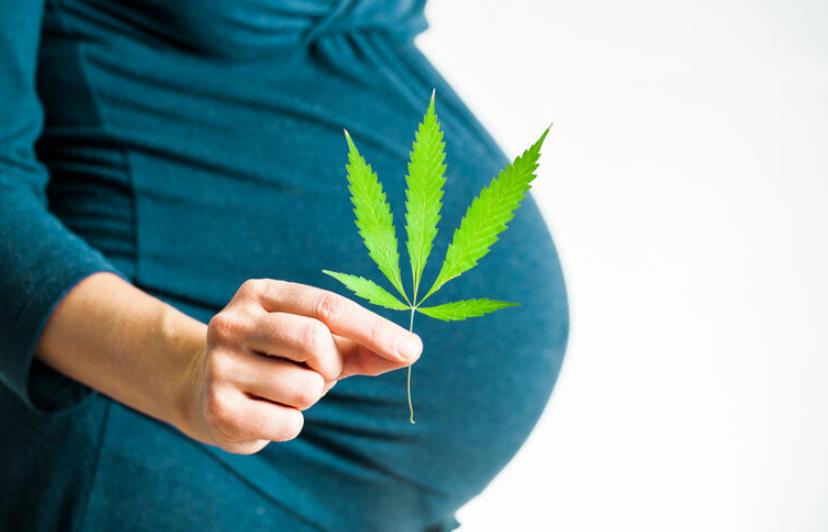Cannabis use during pregnancy is a growing concern as more states legalize the drug for medical and recreational purposes. However, many expectant parents may not be aware of the potential risks of cannabis exposure for their unborn child. A new study published in the journal Addiction reveals that cannabis use during pregnancy is linked to a 1.5 times higher risk of unhealthy pregnancy outcomes, such as preterm birth and low birth weight.
The study analyzed data from nearly five million live births recorded in California from 2001 to 2012. The researchers identified 20,237 women who received a delivery discharge diagnosis of cannabis use disorder, which means they had a pattern of continued cannabis use despite negative consequences. The researchers compared these women to 40,474 control women who had similar demographics and maternal health factors, but did not have a cannabis use disorder diagnosis.

The results showed that cannabis exposure during pregnancy was associated with a 1.5 times increase in the risk of unhealthy pregnancy outcomes. Specifically, cannabis-exposed infants were more likely to be born prematurely (before 37 weeks of gestation), have low birth weight (less than 2,500 grams), and need care in a neonatal intensive care unit (NICU) compared to non-exposed infants.
Cannabis Exposure and Infant Development
The study also followed up on the infants’ health one year after birth. The researchers found that cannabis exposure during pregnancy was linked to a higher risk of developmental problems in the infants, such as attention, memory, problem-solving skills, and behavior1. These findings are consistent with previous studies that suggest that cannabis exposure during pregnancy may disrupt the normal function of the endocannabinoid system, which plays a key role in fetal brain development and in pregnancy.
Cannabis Exposure and Breastfeeding
The study did not examine the effects of cannabis exposure through breastfeeding, but other studies have shown that chemicals from cannabis, such as tetrahydrocannabinol (THC), can be passed to the baby through breast milk. THC is the psychoactive or mind-altering compound in cannabis that can affect the brain and nervous system. THC is stored in body fat and is slowly released over time, meaning that a baby could still be exposed even after the mother has stopped using cannabis. Therefore, experts recommend that breastfeeding mothers avoid all cannabis use.
Cannabis Use and Pregnancy: What You Need to Know
The study authors emphasize that their findings reinforce the case for caution around using cannabis during pregnancy. They also note that the actual incidence of cannabis use and cannabis use disorder in the study population were likely much higher than reported, as the diagnoses were based on self-reported information. Moreover, the study did not account for the potency or frequency of cannabis use, which may have varied over time and across individuals.
The bottom line is that cannabis use during pregnancy can be harmful to the baby’s health, and the full health effects of cannabis are still unknown. If you are using cannabis and are pregnant, planning to become pregnant, or are breastfeeding, talk to your doctor. You can also find more information and resources on the websites of the Centers for Disease Control and Prevention (CDC) and the Food and Drug Administration (FDA).
